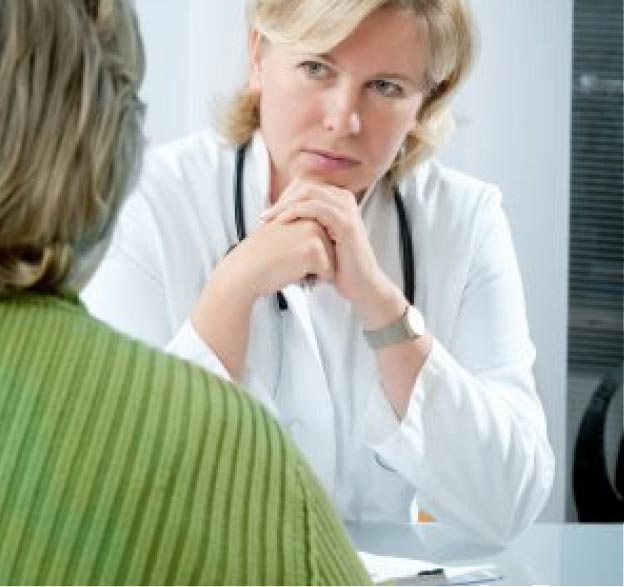

As we’ve noted in previous agebuzz posts, many of us have not gone to a doctor or dentist during the pandemic unless we’ve had an emergency or been sick with the coronavirus. Most primary care providers have not even been open for office visits and for most patients, utilizing telemedicine has worked well during this time (and for some, telemedicine may actually be the preferable mode of interaction with physicians going forward!) Yet, there are some conditions or diagnostic tests for which an in-office visit is essential for good medical or dental care. So, time to assess your risk and determine whether it’s time to head back to the (medical) office.
First, about risk assessment: As we said in an earlier post on assessing your risks for the coronavirus, being indoors, in close proximity to others, puts you at heightened risk and requires that you find out what risk-minimizing actions are being taken wherever you need to go. Recently, The New York Times asked hundreds of epidemiologists how soon they would be heading back out into the world for various activities. When it comes to going to a doctor for a non-urgent appointment, 60% of those polled said they would consider doing so within the next few months, while approximately 30% said they would do so in the longer term, i.e., 3 months – 1 year. Of course, your own personal risk profile will influence what makes sense for your particular situation. If you have an underlying chronic illness or a compromised immune system, you may decide the risk for you is too great for whatever benefit you’ll receive. Yet on the flip side, those of you with ongoing medical concerns may be precisely those who need to head back to your treating physician. As Temple University epidemiologist Dr. Aimee Palumbo commented, “The people at the highest risk of COVID or poor outcomes from COVID are also the ones that…are going to benefit the most from routine procedures, so we have to recognize that these things still do need to happen.”
NPR and Next Avenue both have recommendations for the sorts of questions to ask your providers when contemplating an office visit: How is protective equipment being used in the office? How many people are allowed in the waiting room? Are office staff being routinely tested? What kind of cleaning practices is the office using? As well, you yourself may be asked such questions as: Are you experiencing any COVID symptoms? Have you been social distancing or wearing a mask? Will you be able to come to the office alone or wait in a car until it’s your turn to come in? You may also be asked for a temperature check before you enter the office and be pre-screened prior to coming to the office. After all, physicians, nurses, and other office staff are equally concerned about keeping themselves infection-free. The Mayo Clinic also adds advice such as asking about electronic billing, so you don’t have to exchange credit cards or checks, and planning ahead by asking for bigger supplies of needed medications.
Finally, when it comes to a dental check-up, be prepared for some changes. Fewer patients will be seen in a day and more time will be needed between patients to change protective gear and sanitize rooms and equipment. Dental practices are inherently high-risk when it comes to spreading infection so even normally hygienic practices will now need to be super vigilant. But allowing a dental concern to lapse could lead to more invasive procedures and serious health consequences down the road. So, if you need to go to the dentist, you will likely see extra precautions (and maybe even a rise in dental fees, as it’s likely the dental office will need to make up revenue to cover lost time and extra precautions). To find out more about the “new dental normal,” open wide and read here.